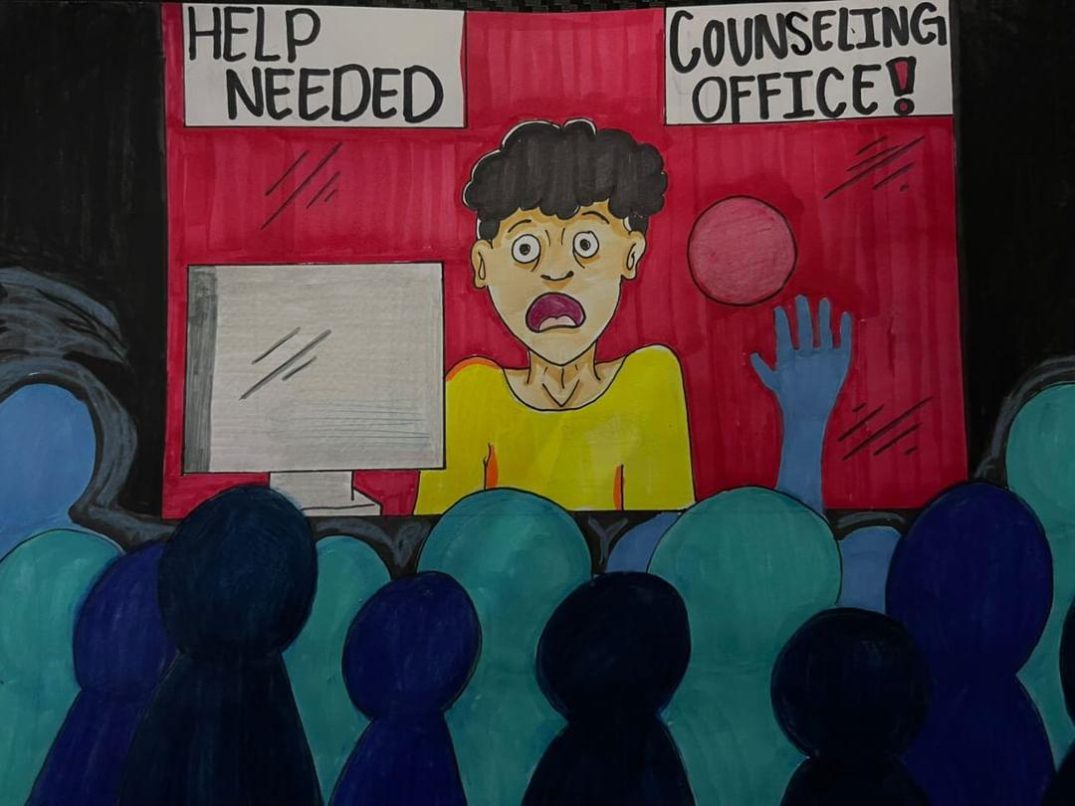From computers to cell phones, digital technology has become a part of people’s everyday lives.
Wherever a person goes, technology is everywhere, whether it’s in schools, workplaces or even gas stations. Digital devices have become so important that people rely on them throughout their day.
There is no easier way to talk with friends or know what they are up to than through social networking websites like Facebook and Twitter. Facebook has more than 800 million active users who are constantly checking pages and playing games. Texting and instant messaging have replaced face-to-face interaction with one another.
Instead of picking up the phone and talking to someone, people use the Internet and cell phones to connect to one another. All of this technology is taking over people’s lives.
Walking around campus all people see is one on their cell phones texting while another is on their iPod with headphones is in their ear. Is this what the world has come to? Has face- to-face interaction been replaced with virtual reality? Digital technology is a part of almost everyone’s lives and it is not going anywhere.
According to the market research firm, the Yankee Group, 54 percent of 8 to 12 year olds will have cell phones within the next three years.
Teenagers in general are so addicted to their phones already they can’t even put them down long enough to drive themselves around. Texting while driving has become so bad among people that it is now illegal in the state of California to use a cell phone and drive.
Now with the new iPads and Nooks replacing books, consumers can digitally download a book wherever they are. This has become such a phenomenon that bookstores like Borders are in jeopardy of being closed down.
There are several digital devices people can’t live without, like computers, which are used in classes to help our academic society. Video games are also a constant use to people, it can be considered a form of physical education.
Having digital technology can be a blessing and a curse. Some people use it for social networking and work purposes while others become so consumed with technology that they no longer distinguish virtual from reality.
Even though that can be the case at times, the truth is, people cannot live without their digital devices.







